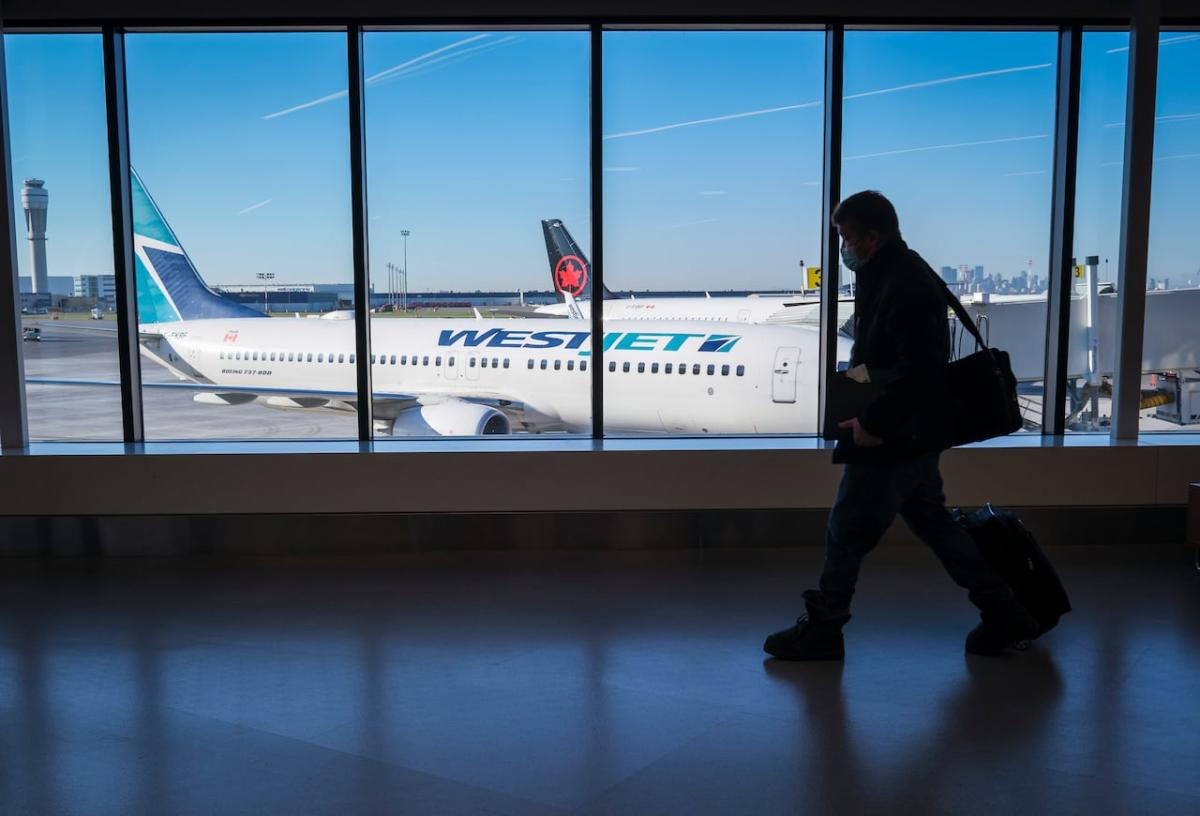NEW YORK, June 22, 2024 (GLOBE NEWSWIRE) — Bragar Eagel & Squire, PC, a nationally recognized shareholder rights law firm, reminds investors that class action lawsuits have been commenced on behalf of shareholders of Direct Digital Holdings, Inc. (NASDAQ: DRCT), Hertz Global Holdings, Inc. (NASDAQ: HTZ), Humana Inc. (NYSE: HUM) and Roblox Corporation (NYSE: RBLX). Shareholders have until the deadlines set forth below to ask the Court to serve as lead plaintiff. For more information about each case, please see the link provided.
Direct Digital Holdings, Inc. (NASDAQ:DRCT)
Course period: April 17, 2023 – March 25, 2024 (common shares only)
Deadline for lead plaintiff: July 22, 2024
The complaint alleges that throughout the Class Period, Defendants made false and misleading statements and failed to disclose material facts, including: (1) the Company’s transition to a “cookieless” advertising environment was accelerating and would impact revenue in 2024; (2) the Company’s alternatives to third-party cookies, including planned investments in AI and machine learning to build on first-party data sources, would not be viable alternatives to third-party cookies and similar tracking technologies; (3) the Company did not have adequate solutions to respond to Google’s impending elimination of third-party cookies; and (4) based on the foregoing, Defendants lacked a reasonable basis for their positive statements about the effectiveness of Direct Digital’s platform and related financial results, growth and prospects.
For more information about the Direct Digital class action lawsuit, please visit: https://bespc.com/cases/DRCT
Hertz Global Holdings, Inc. (NASDAQ: HTZ)
Class period: April 27, 2023 – April 24, 2024
Deadline for lead plaintiff: July 30, 2024
Hertz is a car rental company that rents both internal combustion engine (“ICE”) and electric vehicles (“EV”) at company-owned locations and at locations operated by licensees and franchisees in various countries. The company also sells vehicles and value-added services.
Because the company’s fleet includes hundreds of thousands of vehicles, accurately measuring vehicle depreciation—the decrease in value of individual vehicles over time—is critical to the company’s profitability.
In October 2021, Hertz announced that “as consumer interest in (electric vehicles) skyrockets,” the company had “made significant investments to offer the largest electric vehicle rental fleet in North America and one of the largest in the world,” including “an initial order of 100,000 Teslas by the end of 2022 and new electric vehicle charging infrastructure throughout the company’s global operations.” The company then entered into several strategic partnerships with cities and others to advance its electric vehicle rental business, while continuing to expand its electric vehicle fleet.
The complaint alleges that throughout the Class Period, Defendants made materially false and misleading statements about the Company’s business, operations and prospects. Specifically, Defendants made false and/or misleading statements and/or failed to disclose that: (i) Hertz downplayed the financial impact of the Vehicles’ depreciation and/or exaggerated its ability to track and manage the Vehicles’ depreciation; (ii) demand for Hertz’s electric vehicles was not as strong as Defendants had led investors to believe; (iii) Hertz had too many vehicles, particularly electric vehicles, in its fleet to remain profitable; (iv) as a result of all of which, Hertz was likely to incur significant losses on the sale of both its internal combustion engine vehicles and its electric vehicles; (v) all of the foregoing was likely to have, and did, have, a material adverse effect on Hertz’s financial results; and (vi) as a result, the Company’s public statements were materially false and misleading at all relevant times.
On January 11, 2024, Hertz announced in a filing with the U.S. Securities and Exchange Commission that it would sell approximately 20,000 electric vehicles from its U.S. fleet, or approximately one-third of its global electric vehicle fleet, “to better align supply with expected demand for electric vehicles.” According to the company, this would “result in the recognition of approximately $245 million of additional net depreciation expense related to the sale in the fourth quarter of 2023,” which “equals the write-down of the carrying amounts of the electric vehicles as of December 31, 2023 to their fair value less related costs associated with the disposition of the vehicles.” Hertz further noted that “the company’s adjusted EBITDA for the fourth quarter of 2023 will be negatively impacted by the additional net depreciation charges related to the electric vehicle sales plan and will also be impacted by higher depreciation charges in the normal course of business as vehicle residual values generally declined more than previously expected during the quarter.”
On this news, Hertz’s stock price fell $0.40 per share, or 4.28%, to close at $8.95 per share on January 11, 2024.
On March 15, 2024, Hertz announced that defendant Stephen M. Scherr (“Scherr”) would resign from his positions as Chief Executive Officer (“CEO”) and Chairman of the Company’s Board of Directors by the end of the month and that the Company had appointed Wayne Gilbert West as its new CEO.
Then, on April 25, 2024, Hertz issued a press release announcing its first quarter 2024 results. Among other things, Hertz reported adjusted diluted earnings per share (“EPS”) of -$1.28 for the quarter, well below the consensus estimate of -$0.43 and far below the adjusted diluted EPS of $0.39 the Company achieved in the same period last year. In discussing these results, Hertz disclosed that vehicle depreciation increased by $588 million, or $339 per share, in the quarter, primarily due to deterioration in estimated residual values and disposal losses on internal combustion engine vehicles compared to earnings in the prior year quarter. The Company also disclosed that of the $339 per share increase, $119 was attributable to electric vehicles held for sale. In addition, Hertz reported a $195 million vehicle depreciation charge to write down to fair value the electric vehicles held for sale that were still in inventory at the end of the quarter and to account for capital losses on electric vehicles sold during the same period.
On this news, Hertz’s stock price fell $1.12 per share, or 19.31%, to close at $4.68 per share on April 25, 2024.
For more information about the Hertz class action lawsuit, visit: https://bespc.com/cases/HTZ
Humana Inc. (NYSE: HUM)
Course period: July 27, 2022 – January 24, 2024 (common shares only)
Deadline for lead plaintiff: August 2, 2024
The Humana class action lawsuit alleges that throughout the Class Period, defendants made false and/or misleading statements and/or failed to disclose that they downplayed pressures on Humana’s adjusted earnings per share caused by increased medical costs combined with pent-up demand for healthcare (particularly as COVID concerns subsided), which led to higher utilization rates and higher costs, contrary to Humana’s representations.
The Humana class action lawsuit further alleges that UnitedHealth Group Inc., one of Humana’s largest competitors in the health insurance space, announced on June 13, 2023, that there were “higher levels” of outpatient care and suggested that this higher utilization was due to “pent-up or delayed demand.” Following this news, the price of Humana’s common stock fell more than 11%, the lawsuit says.
On June 16, 2023, the Humana class action lawsuit further alleges that Humana “reported higher than expected non-inpatient utilization trends, primarily in the emergency room, outpatient surgery and dental services categories, as well as inpatient care trends that were stronger than expected in recent weeks and deviated from historical seasonality patterns.” As a result of this news, the price of Humana’s common stock fell, the lawsuit states.
The Humana class action lawsuit further alleges that on January 18, 2024, Humana announced that its benefit expense ratio had increased to approximately 91.4% in the fourth quarter of 2023 and approximately 88% for the full year of 2023. As a result of this news, the price of Humana’s common stock fell by nearly 8%, the lawsuit states.
Finally, on January 25, 2024, the lawsuit further alleges that Humana announced a loss of $4.42 per share for the fourth quarter of 2023 “due to higher than expected inpatient utilization… and a further increase in non-inpatient trends,” and stated that the company expects the higher level of medical costs to “continue throughout 2024.” Following this news, the price of Humana’s common stock fell nearly 12%, according to the Humana class action lawsuit.
For more information about the Humana class action lawsuit, visit: https://bespc.com/cases/HUM
Roblox Corporation (NYSE: RBLX)
Teaching period: 15 November 2023 – 8 May 2024
Deadline for lead plaintiff: August 9, 2024
Roblox is a publisher and distributor of online entertainment that also sells advertising space on these platforms.
The Roblox class action lawsuit alleges that throughout the Class Period, Defendants made false and/or misleading statements and/or failed to disclose that Defendants created the false impression that they had reliable information regarding Roblox’s projected revenue prospects and expected booking growth, which was primarily due to the expansion of available Roblox platforms, changes to Roblox’s digital technology (such as avatars), Roblox’s shared economy with content creators, and advertising revenue. According to the Roblox class action lawsuit, Roblox actually struggled to convert daily active users into bookings, and ultimately blamed this booking problem on the very technology and platform growth that Roblox touted as revolutionary and revenue-generating.
The Roblox class action lawsuit further alleges that on May 8, 2024, Roblox revised its fiscal year 2024 bookings forecast downward to $4.0 billion to $4.14 billion and reduced total revenue to $3.30 billion to $3.40 billion.
The news caused Roblox stock to fall more than 22%, the complaint said.
For more information about the Roblox class action lawsuit, visit: https://bespc.com/cases/RBLX
About Bragar Eagel & Squire, PC:
Bragar Eagel & Squire, PC is a nationally recognized law firm with offices in New York, California and South Carolina. The firm represents individual and institutional investors in commercial, securities, derivatives and other complex litigation in state and federal courts across the country. For more information about the firm, visit www.bespc.com. Attorney advertising. Past results do not guarantee similar results.
Contact information:
Bragar Eagle & Squire, PC
Brandon Walker, Esq.
Marion Passmore, Esq.
(212) 355-4648
[email protected]
www.bespc.com




